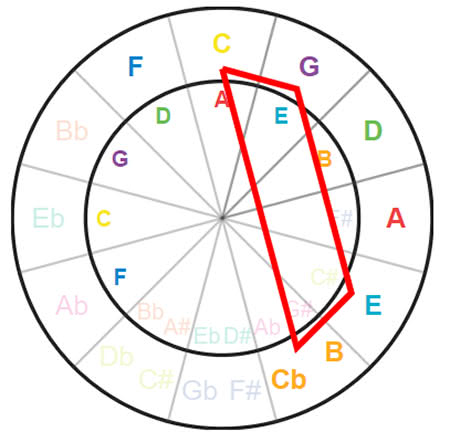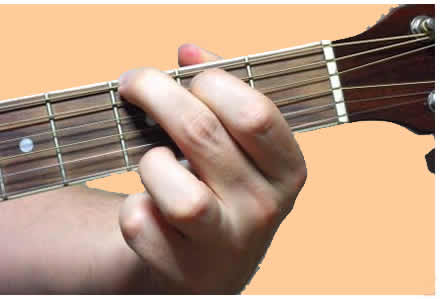
Now that we’ve introduced you to a few common chord progressions, you might also want to learn a few tips that will come in handy while you’re practicing these chord groupings.
#NASHVILLE NUMBER SYSTEM CHART PDF PRO#
Pro Tips: Mastering Guitar Chord Progressions

It’s a subtle change, but makes a world of difference to the sound of this chord progression (and serves as a lesson in why the details matter when you’re playing music). If you are playing a jazz tune, you might notice that the “two” is a minor 7th chord and your “one” is a major 7th chord.


While talking about our chord progressions today, we’ll stick to the traditional Roman Numerals, but keep in mind there are other ways of conveying this information, and you should be alarmed if you see chord progressions that look different than what you’re used to (like the Nashville System).Ī simple way to think of your Roman Numerals is as follows. The system, now known as the Nashville Number System, uses seven harmonic chord degrees, represented by Arabic numerals (1, 2, 3, 4, etc.). To make a long story short, many a Nashville session musician couldn’t read music in the traditional sense, so they developed a chord shorthand descended from the European chord notation of the 18th Century. Interestingly enough, this is part of the reasoning behind the Nashville Numbering System, which stresses recalling the relationships between chords rather than the chords themselves. You can apply the progressions themselves, however, to different keys by starting on the appropriate root note and using the correct relative chords. The first thing you’ll need to remember is that for every chord progression, there is a “root note,” also known as the “tonic.” For the purposes of our lesson today, we’re going to use “C” as our root, exploring several chord progressions in this key.

With time, you’ll be able to recognize these progressions as soon as someone plays the first couple of chords. We’ll start by teaching you a few of the most recognizable ones so you can begin training your fingers and your ears. That is, if you’re able to pick up on the chord progressions themselves. These progressions are standardized and use chords you’re likely familiar with, so learning said basic progressions will grant you the ability to play along to songs you don’t yet know, jam with strangers, and take on some challenging gigs. They’re part of the language of music, the proverbial sentences to the words that we know as individual chords. It’s much more common for songs to group several chords together into guitar chord progressions to develop an interesting sound.
#NASHVILLE NUMBER SYSTEM CHART PDF PDF#
Download the Guitar Chord Progressions Chart Printable PDF (as seen above) What are Guitar Chord Progressions?įew chords, no matter how pretty they sound in isolation, are played that way in actual songs.


 0 kommentar(er)
0 kommentar(er)
